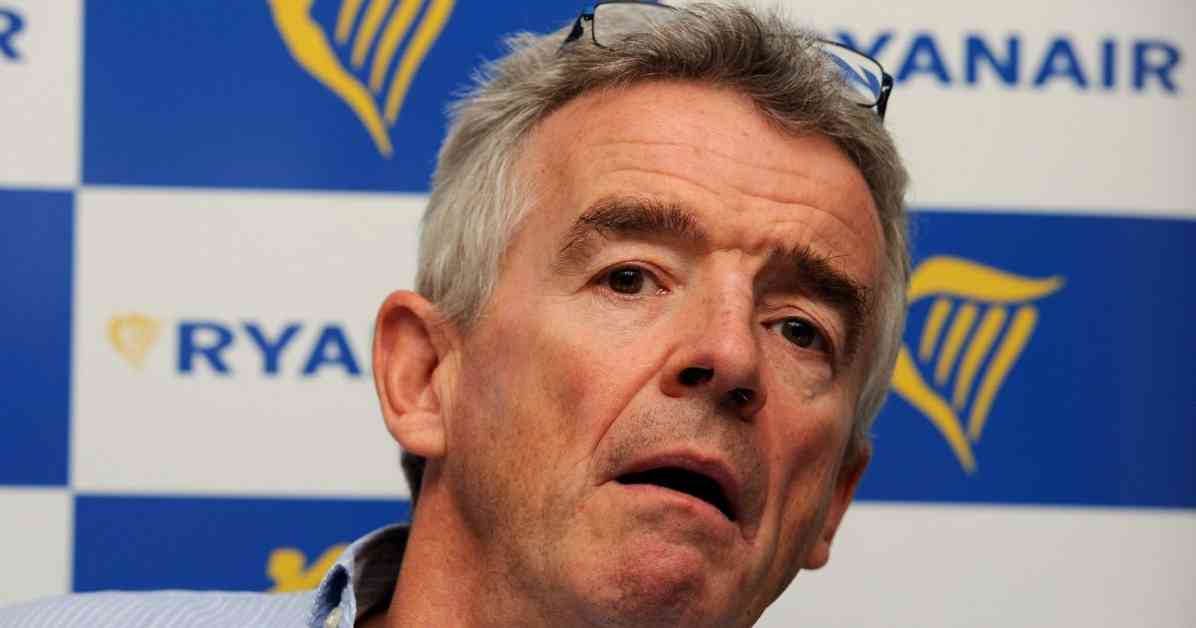Budget changes announced by the Labour party has led to Ryanair, a popular budget airline, deciding to reduce its flights to and from UK airports by 10% next year. The Chief executive, Michael O’Leary, expressed his concerns about the decision, stating that it will have a negative impact on UK growth prospects and make air travel more expensive. This reduction in flights could potentially result in five million fewer passengers at UK airports.
The main reason behind this decision is the increase in the tax on airline tickets, known as air passenger duty (APD), which will come into effect in the 2026/27 financial year. This increase will add up to £2 to the cost of an economy ticket for a short-haul flight, with private jet users facing a 50% hike in APD. The rates of passenger duty are determined by the flight’s length and the class of cabin.
Mr. O’Leary emphasized the importance of making air travel more affordable in the UK, highlighting that other countries like Ireland, Sweden, Hungary, and Italy are abolishing travel taxes to stimulate tourism and job growth in their economies. He criticized the decision to raise air travel taxes, stating that it will make air travel more expensive for ordinary UK families going on holidays abroad and make the UK a less competitive destination.
Despite setting a record for passenger numbers in August, Ryanair’s profits have slumped due to a decrease in average air fares earlier in the year. The Chancellor justified the increase in APD by stating that it has not kept up with inflation in recent years and the adjustment will only result in a modest increase for economy class short-haul flights.
The response to the announcement was mixed, with Karen Dee, chief executive of AirportsUK, expressing disappointment. The aviation industry is closely monitoring the impact of these changes on air travel in the UK and how it will affect passengers and the overall economy. Ryanair’s decision to reduce flights is a direct response to the budget changes and their potential consequences on the airline industry and travel sector.













